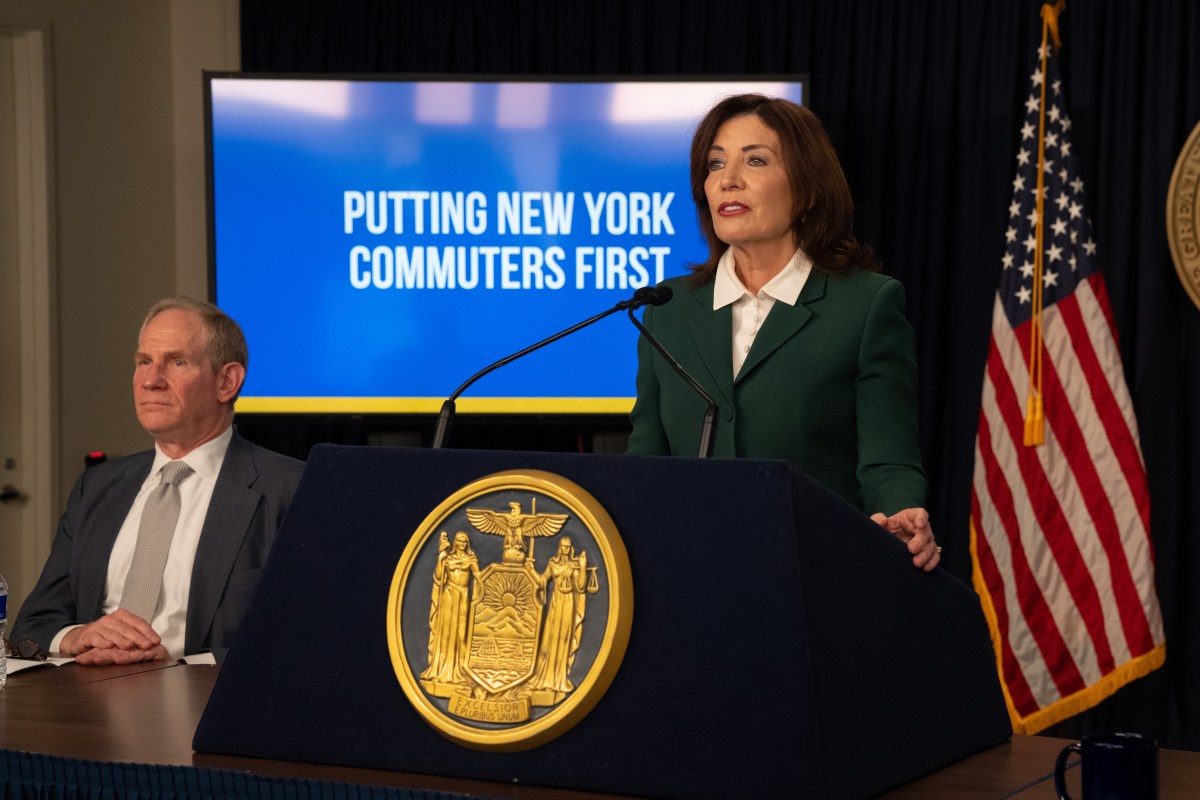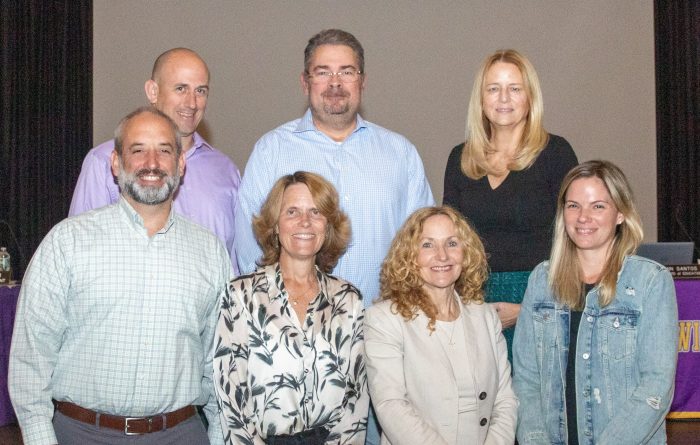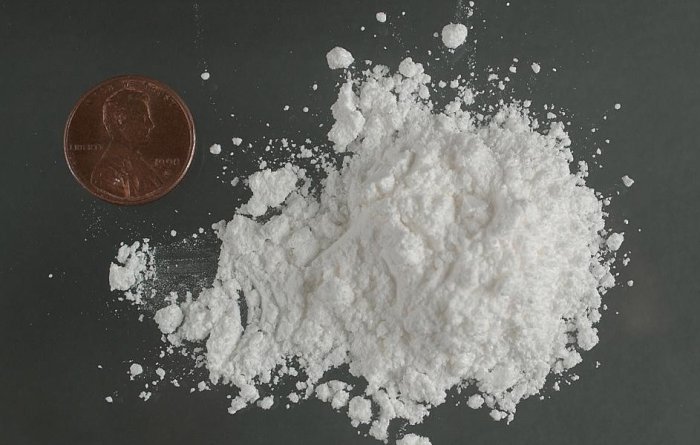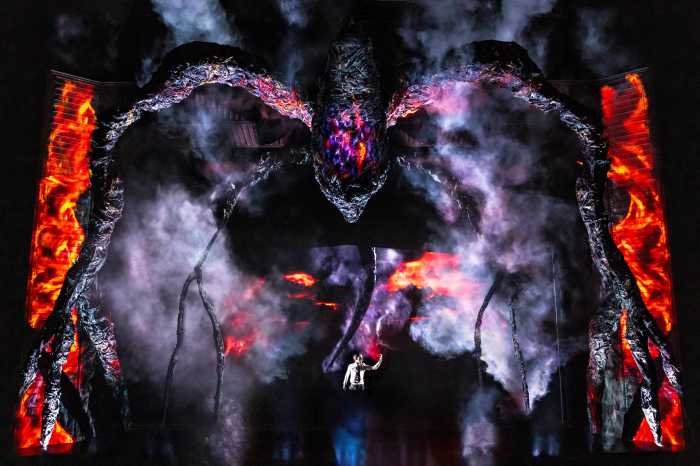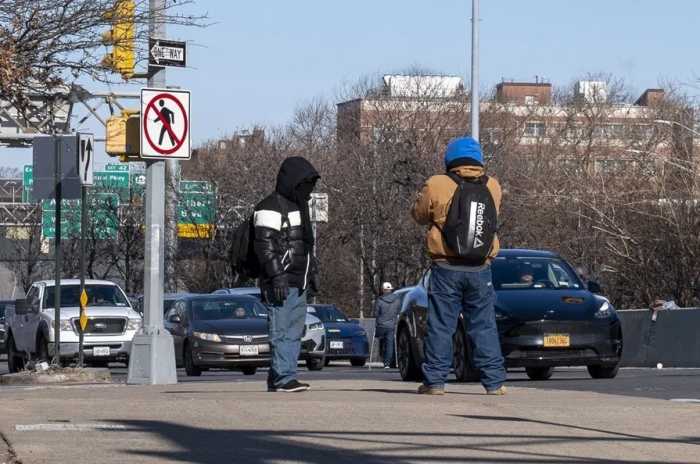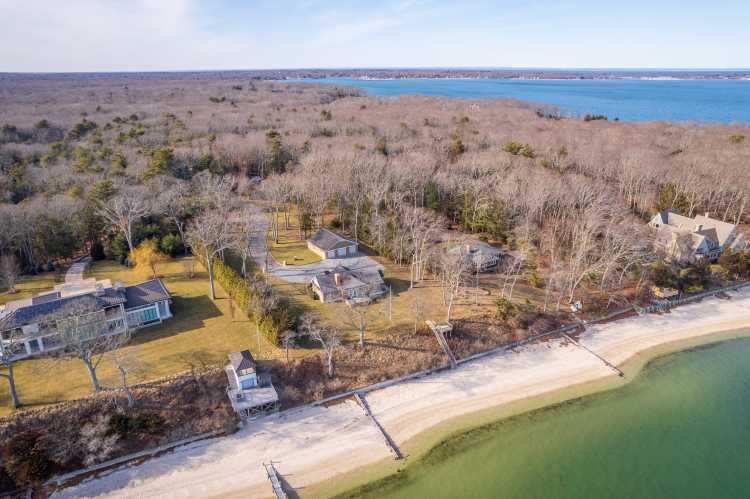Congestion pricing will officially come to New York City early next year after the MTA approved the toll Monday, but Long Island Republicans are pushing back to prevent the fee from being implemented.
“This isn’t a Republican issue, this isn’t a Democrat issue, this is an issue that cuts across party lines and we have seen Republicans and Democrats all oppose this,” state Sen. Jack Martins (R–Old Westbury) said. “And, frankly, it’s also yet again another opportunity that Gov. Hochul has taken to show just how ineffective she is and has been as a governor of the great state of New York. I just wish that Kathy Hochul cared less about being the Democrat leader in New York and more about being the governor of New York and standing up for working families across New York State.”
Long Island Republican state senators rallied Tuesday against congestion pricing. Concerns included the costs imposed on commuting Long Islanders, higher costs for goods and services transported through the city and the agricultural impact due to the cost associated with trucking products into the city.
Martins proposed a state bill to repeal congestion pricing and audit the MTA’s budget.
A man running past the press conference in Bethpage yelled “F*** the congestion pricing,” which state Sen. Steve Rhoads (R-Wantagh) said he agreed with.
The goal of congestion pricing is not only to ease traffic congestion in the city but also to achieve environmental protections by diminishing air pollutants and funding the city’s public transportation system, Hochul said at a news conference Thursday.
“This first-in-the-nation program being launched by Gov. Hochul will help us achieve our goal of a less congested City of New York, with cleaner air and safer streets,” state Department of Transportation Commissioner Marie Therese Dominguez said. “It will also provide the critically important resources needed to create a more efficient and accessible public transportation system that will ease commutes and improve the quality of transportation for everyone in the Metropolitan Region.”
The MTA Board approved the congestion pricing toll Monday to take effect at midnight Jan. 5. Now it awaits approval by the Federal Highway Administration, as many of the affected roads receive federal funds.
The toll into Manhattan will be set at a one-a-day, daytime rate of $9 for passenger vehicles. Motorcycles will be charged $4.50 and small trucks and non-commuter buses will be charged $14.40 during the day.
Night-time rates will be reduced by 75%.
The tolls will be for vehicles entering Manhattan’s Central Business District below 60th Street.
Hochul said the previously proposed $15 congestion toll was too steep, which is why she halted its approval in June. The pause was applauded by Long Island officials, both Republicans and Democrats.
“As I said from the start, a $15 toll was just too high in this economic climate. That’s why our plan cuts the daytime toll to $9 for cars,” Hochul said. “By getting congestion pricing underway and fully supporting the MTA capital plan, we’ll unclog our streets, reduce pollution and deliver better public transit for millions of New Yorkers.”
Hochul said the reduction will also save commuters who drive into the city five days a week approximately $1,500 a year.
Discounts, credits and exemptions are available for some drivers, including those who are low-income or have a disability.
The congestion pricing tolls can be increased, however, over the next few years.
From 2025-2027, the Metropolitan Transportation Authority can increase tolls by up to 60%. From 2028-2030, this increase is capped at 80%.
Despite the toll’s initial reduction to $9, Hochul said the congestion pricing fees will still contribute $15 billion to the city’s public transportation system for its current capital program.
This includes funding projects like the Second Avenue Subway Phase 2 extension to East Harlem, modern signal systems on segments of the A/C and B/D/F/M lines, accessibility improvements at more than 20 stations and hundreds of new electric buses.
“New Yorkers deserve cleaner air, safer streets and ambulances that can get to them without gridlock, and the governor is stepping up for them and for riders who need trains and buses to get them where they have to go — just like she did with the budget in 2023,” Metropolitan Transportation Authority Chairman and CEO Janno Lieber said. “Now you’re seeing it again, a huge milestone for 6.5 million commuters. We want to bring more frequent and reliable service — to all our customers — just like we have on the 7 and L lines where upgrades are already complete.”
In tandem with her announcement of enacting congestion pricing, Hochul said she is also committed to funding the Metropolitan Transportation Authority’s 2025-2029 $68.4 billion capital plan.
While congestion pricing has garnered support from some state and city elected officials, it has been an unpopular proposal on Long Island.
Keep NYC Congestion Tax Free, a New York City civic, business and labor organization, called its implementation a “taxpayer assault designed to fill in what an incompetent MTA is losing on toll and fare beaters.”
“Not only is [Gov. Hochul] assaulting our pocket books, she has insulted our intelligence. This is a governor who can no longer be trusted,” the organization wrote. “Working- and middle-class New Yorkers were manipulated into believing the congestion tax was gone when Democrats needed votes, and then within days of the election, she let the hammer fall on New Yorkers again.”




